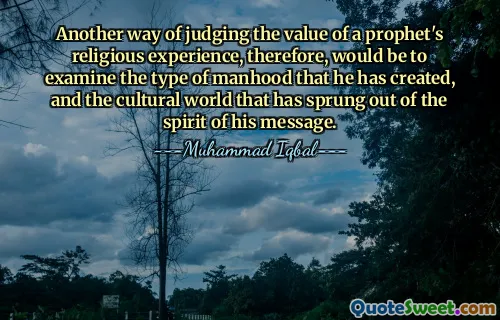Muhammad Iqbal was a prominent philosopher, poet, and politician in British India, who played a significant role in inspiring the movement for Pakistan. Born on November 9, 1877, in Sialkot, Iqbal was educated in Lahore and later in Europe. His experiences abroad deeply influenced his thoughts on self-discovery, spirituality, and the concept of selfhood, which he emphasized in his poetry, written primarily in Persian and Urdu. Iqbal’s work highlights the need for a cultural revival among Muslims and calls for unity and self-awareness.
As a political thinker, Iqbal advocated for the rights and identity of Muslims in the subcontinent. His famous address in 1930 at the All India Muslim League session explicitly proposed the idea of a separate nation for Muslims. This vision eventually contributed to the demand for Pakistan, making him one of the key figures in its ideological foundation. His poetry not only expressed political aspirations but also encouraged the youth to take pride in their heritage and contribute to the societal upliftment.
Iqbal's legacy extends beyond politics and literature; his philosophical ideas and vision for a united Muslim identity continue to resonate in contemporary discussions about nationalism and spirituality. He is often regarded as the "Spiritual Father of Pakistan" and remains an influential figure in Pakistani culture. His birthday is celebrated as a public holiday in Pakistan, honoring his contributions to the nation and his impact on literature and philosophy.
იხილეთ მეტი »
Today Birthdays
1955 -
Max Lucado
1946 -
John Piper
1842 -
William James
1907 -
Abraham Joshua Heschel
1887 -
Aldo Leopold
1755 -
Alexander Hamilton
1976 -
Alethea Kontis
1971 -
Mary J. Blige
1825 -
Bayard Taylor
1943 -
Jim Hightower
1885 -
Alice Paul
1923 -
Carroll Shelby
1928 -
David L. Wolper
1954 -
Kailash Satyarthi
1972 -
Amanda Peet
1946 -
Naomi Judd
1970 -
Malcolm D. Lee
1955 -
Christian Marclay
1973 -
Rahul Dravid
1987 -
Jamie Vardy
1942 -
Clarence Clemons
1992 -
Fatima Sana Shaikh
1948 -
Larry Harvey
1930 -
Rod Taylor
იხილეთ მეტი »

